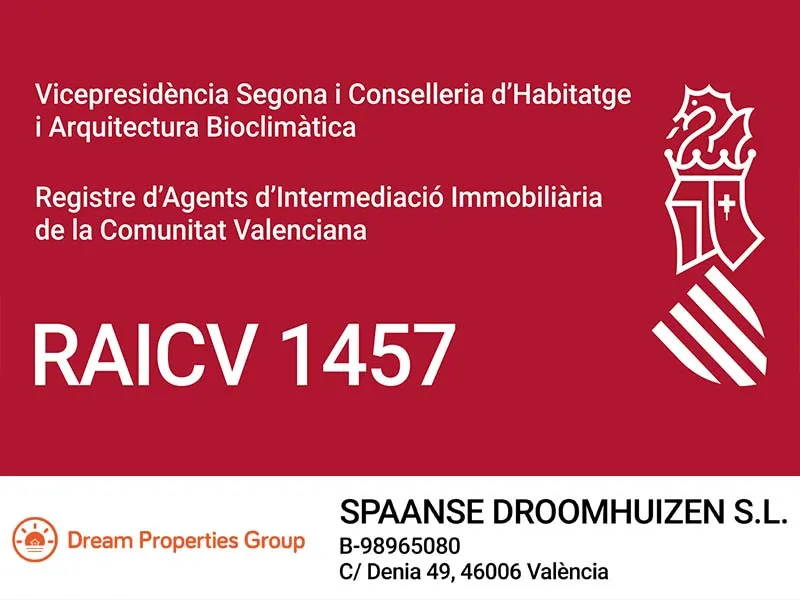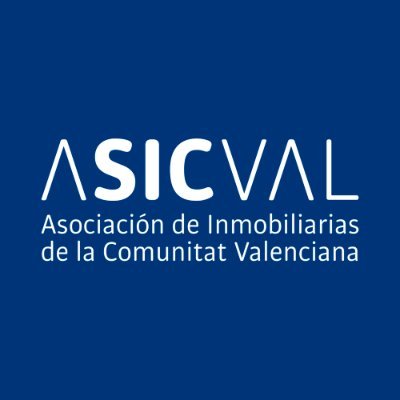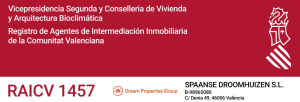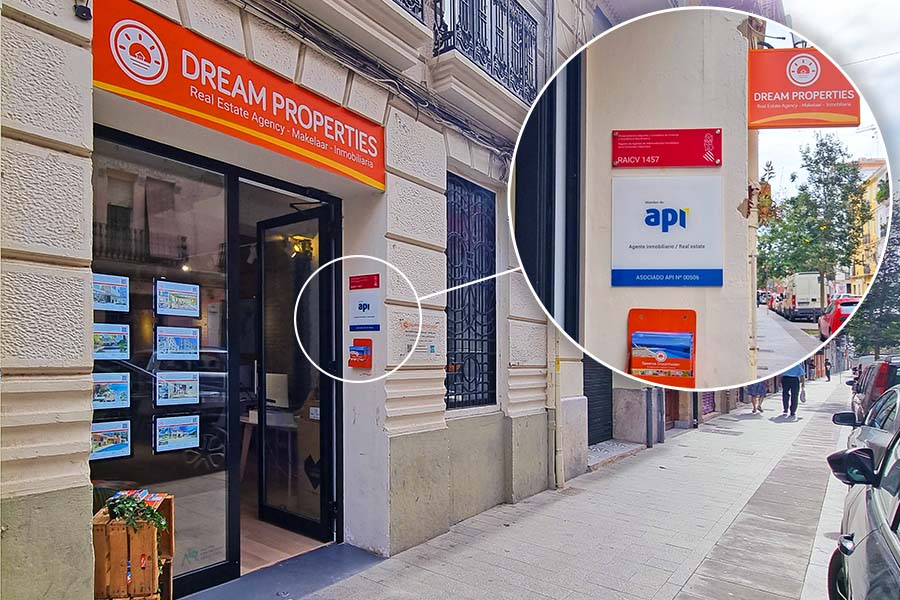PROPERTY SEARCH
Frequently Asked Questions - Life in Valencia
Are you going to relocate with children? Then of course, perhaps even before looking for a home, it is important to find a school that suits your children. It is first good to look at the language. International and private schools are the only schools taught in English in Spain. Schools in Spain’s education system are divided into three categories:
- public schools (colegios públicos),
- private schools financed by the state (colegios concertados)
- schools that are exclusively privately funded (colegios privados), which often also includes international schools
According to the Ministry of Education, Social Policy and Sport, approximately 67.4% of Spanish schoolchildren attend public schools, 26.0% attend private schools financed by the state and 6.6% attend privately funded schools. State education in Spain is completely free up to university. However, parents must pay for the necessary school supplies themselves. Private schools must be paid in monthly or annual installments. Most subsidized private schools run on a Spanish education program, but some international or bilingual schools are only subsidized on the condition that at least 25% of their students are Spanish.
Subsidized private schools are generally a lot cheaper than private schools. There are also a number of schools that offer scholarships to help parents pay school fees.
Need help? Based on personal experience, we are happy to help you on your way and advise you about the possibilities.
Public transport in Spain is often cheap and well organised. For example, train traffic in Spain is in the hands of the state-owned company RENFE. There are connections between almost all cities in the country. There are also eight high-speed lines running through the country under the name AVE. Eight Spanish cities also have metro lines, including Valencia. The MetroValencia organization has several metro lines, some of which go deep into the country. Buying a ticket for the metro is easy to arrange at each stop. Valencia also has tram connections that run through the city to the beach. And of course the buses throughout Valencia are not to be missed. There are buses that cover long distances (such as the ALSA, Avanzabus or Eurolines) and run throughout the country and you will also find extensive bus routes in the city itself. A single ride usually costs only €2.50; It does not matter how many stops you stay in that case. Enough reason to leave the car behind for once.
Spanish healthcare is characterized by a separation between private and public care. Private care is provided by private companies, for which you can take out separate health insurance. Public care is provided by the Spanish government. Anyone who pays premiums and therefore works in Spain (whether as an employee or as an independent worker) is entitled to public health care in Spain. All care is included, with some exceptions such as dental care for adults. However, it is a disadvantage that there are sometimes long waiting times for specialist appointments and that not all doctors in public care speak English. If you want to be helped faster, you can opt to take out private health insurance. In private hospitals, many specialists speak English, there are shorter waiting times and the hospitals sometimes resemble hotels. Premiums range from 35 to 300 euros per month. In any case, we can say that the overall care in Valencia, both in the public and private sectors, is of a high standard.









